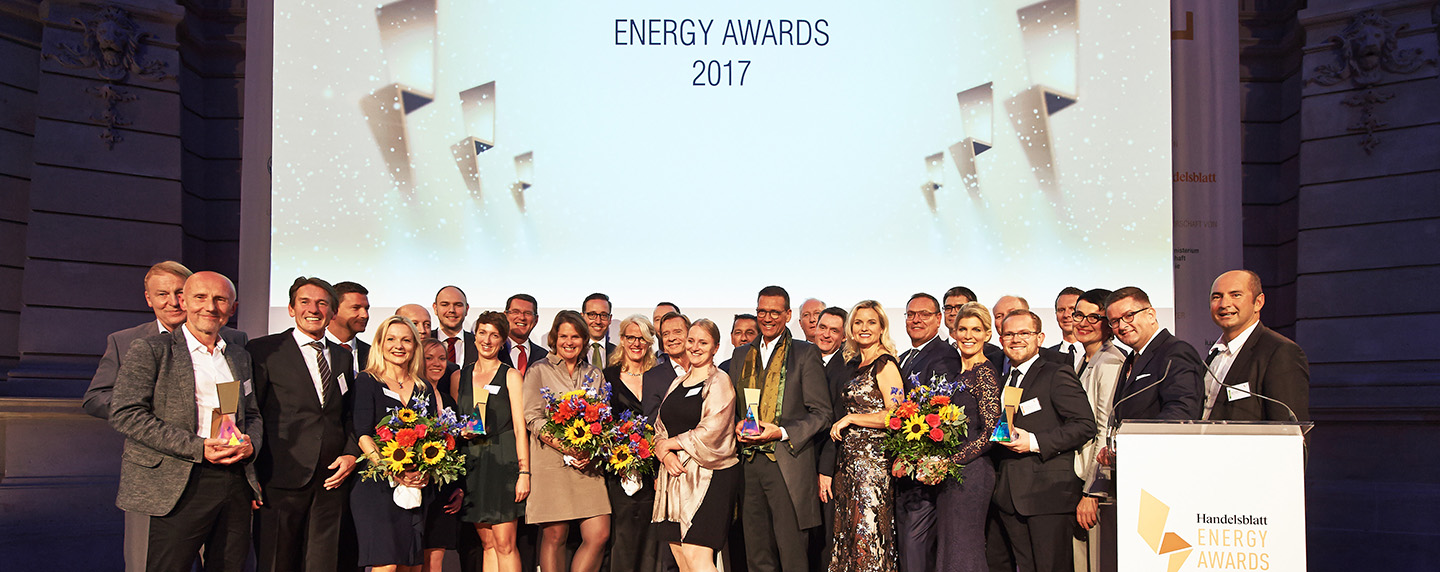INESC TEC project wins “European Energy Project” award
The REStable (Improvement of Renewables-based System Services Through Better Interaction of European Control Zones) project, which has the collaboration of the Centre for Power and Energy Systems (CPES) of INESC TEC, won the “European Energy Project” special prize at the Academy of Energy awards.
02nd November 2017
Handelsblatt, a German economic newspaper, awarded the prize.
REStable, funded by the ERA-Net SmartGrids+ initiative and coordinated by ARMINES - MINES ParisTech, was considered an “exceptional project at the European level, whose role as flagship project has a strong prototyping nature for all of Europe”.
Representatives from Fraunhofer IWES and ENERCON, partners in this project, were in Berlin to receive the award.
The main purpose of REStable is to improve and develop services based on renewable energy and energy storage systems, exploring the concept of “virtual” electric power plant. INESC TEC is developing new algorithms to control primary and secondary reserves as a way to respond to the fluctuations of renewable energy. In addition, a demonstration will be carried out at the Laboratory of Smart Grids and Electric Vehicles of INESC TEC with the goal of presenting the participation of a virtual power plant in the frequency control services using real-time simulation technology.
Partners ARMINES, ARTELYS, HYDRONEXT, HESPUL and MAIA EOLIS compose the French consortium. SOLAR WORLD, ENERCON and FRAUNHOFER-IWES form the German consortium. INESC TEC is the only Portuguese partner, with a team composed of Carlos Moreira, Ricardo Bessa, Bernardo Silva, João Peças Lopes, Nuno Fulgêncio and Jorge Filipe.
The project had already won an award in 2016, when it got the first place of the Franco-German Innovation Award, promoted by the German Energy Agency (dena) alongside the French Environment and Energy Management Agency (ADEME) and the German-French Office for Renewable Energies (DFBEE).
The researchers mentioned in this news piece are associated with INESC TEC and UP-FEUP.


